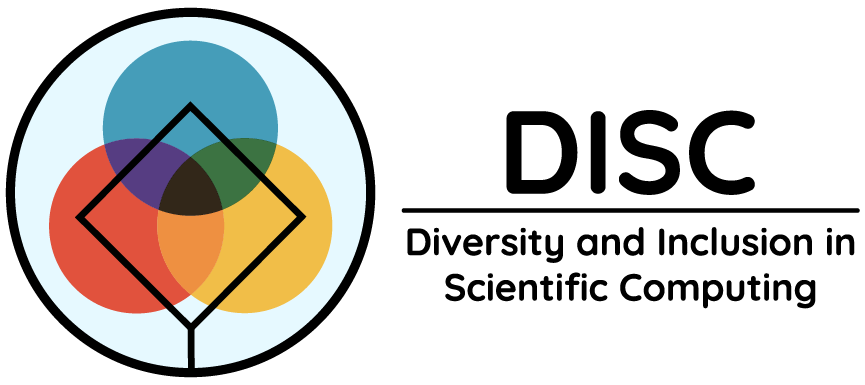
This is a contributed post by participants in the 2017 Diversity and Inclusion in Scientific Computing (DISC) Unconference.
Read our prior posts in the series:
- Starting D&I Conversations at Work
- Getting Started With Open Source
- A Directory to Increase Diversity & Inclusion
- Inclusive Approaches to Recruitment & Outreach
Communicating Feedback as a Service
Written by Ashley Otero and Melissa Weber Mendonça
At the Diversity & Inclusion in Scientific Computing (DISC) Unconference at PyData NYC 2017, an amazing group of people met to talk about possible projects to benefit our open source and scientific computing communities. One of the issues that came up during group discussions was retention — good volunteers were leaving good projects and organizers didn’t know why.
Our group decided to create Communicating Feedback as a Service (CFaaS), a tool to facilitate anonymous feedback. This is a simple and straightforward way to connect people within a community, project, or group to improve communication and morale with constructive and actionable feedback. CFaaS removes barriers to communication by productively anonymizing potentially uncomfortable discussions.
Anonymous Feedback
Many are intimidated at the prospect of personally confronting someone within their community. If the feedback is intended for someone very important or very involved in the group, it’s especially paralyzing. Anonymous feedback has been suggested as a tool to empower individuals wishing to share sensitive feedback. However, it is well known that it can be abused if no safeguards are in place. We addressed the drawbacks of anonymizing feedback mechanisms with a moderating user that will review feedback and determine if it should be sent to the intended recipient.
Our primary goal is streamlining the process of sharing valuable and actionable feedback, while allowing both parties to remain anonymous to each other. By using a moderator to mitigate abuse and providing a structured format to ensure constructiveness, we believe CFaaS provides the means and enhances the will to effectively provide difficult feedback.
The tool
Our initial implementation uses Google Forms. Feedback is sent to a moderator, either chosen by the submitter or selected at random. The moderator acts as a third-party to facilitate conversation and reflect with the recipient (if the recipient wishes) on actions to resolve the situation or on any behaviour mentioned in the feedback. The moderator can also help with follow up to the feedback. Projects can choose to have a database of moderators, or ask volunteers to moderate discussions as needed. Moderators are ideally people who are not involved in the situation but projects or groups can decide on their own criteria for selecting moderators.
You can send questions, comments or issues over at our github repository: https://github.com/numfocus/CFaaS
View the full list of authors on our project: https://github.com/numfocus/CFaaS/blob/master/authors.md
